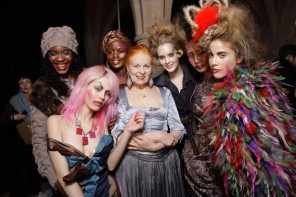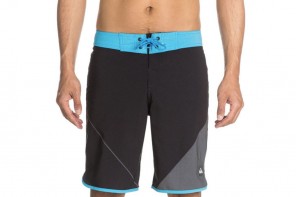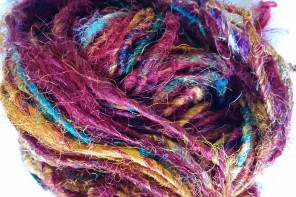Eco fashion didn’t just come about: certain people got the sewing machines in motion, bringing the benefits of green clothing our way. One of these inspiring women and eco pioneer, is Lynda Grose.
Fashion Forward
Lynda Grose co-founded Esprit’s Ecollection. This was the first environmentally-responsible clothing line developed by a major corporation. Launched in 1992, the line was ahead of its time.
Lynda was given the job of heading this initiative and when the line launched, it broke new fashion ground. Some of the great green efforts of this line included the following:
- The range made use of organic materials.
- Any synthetic dyes that were used were free of heavy metals.
- Fabrics were pre-shrunk mechanically to prevent the use of formaldehyde that is usually used in the finishing process of production.
- Biodegradable enzyme washes were used to smooth fabrics – this process is now industry standard when softening hemp material.
- Clothing in the Ecollection used wool that was naturally coloured, so it was not dyed. Lynda and her team also looked into re-used and recycled wool.
Not only did Grose co-found the collection, but she also helped run the five years that established pioneering environmental standards for the clothing industry. At the time, Lynda said, ‘We are trying to change the very basis of our industry. Obviously, no change is going to happen overnight.’
Green with the Times
After working with Esprit, Lynda moved on to other eco endeavours. She is the founder of the Sustainable Cotton Project, she works as an associate professor of Fashion Design at the California College of the Arts, and she is an eco consultant. She has advised clients across non-profit, private and government sectors on sustainability issues, and these include Gap, Sustainable Cotton Project, Armenian Crafts Council and Aid to Artisans.
Lynda’s Green Advice
What makes Lynda so inspiring besides for her eco efforts is that she is focused on empowering consumers to make changes to the manufacturing of green clothing. Besides for encouraging people to wear their garments ‘until they are truly at the end of their useful life’ and buying from thrift stores, Lynda tells consumers to not allow themselves to be labelled as simply consumers.
‘Participate and engage in your clothing. Know who made it, under what circumstances [and] add to its design after purchase,’ she said in an interview with Fair Companies. ‘Seek out companies who are changing their practices. Write letters to your favourite companies to ask them to improve ecological and social performance. Companies spend millions on research to ensure you buy their goods. They will listen to your requests.’
Sources
Fair Companies News
Treehugger
Image here










